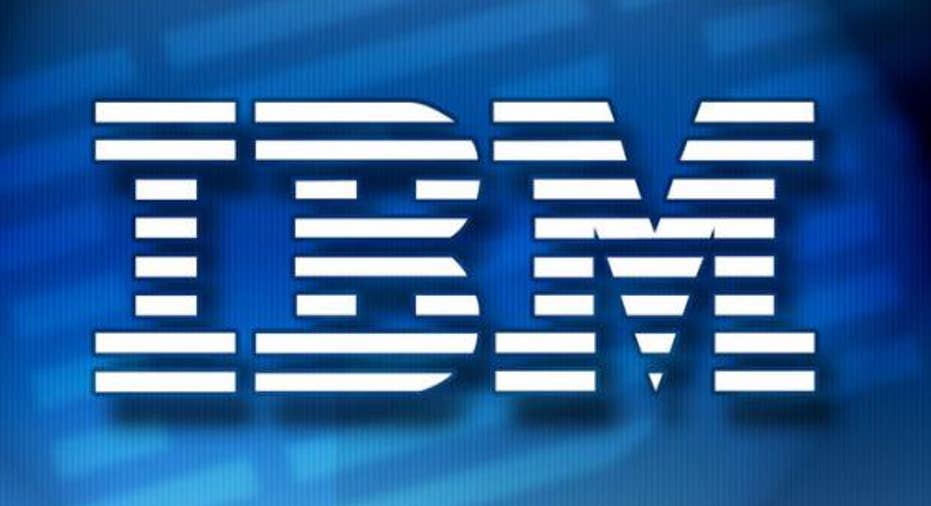IBM’s 401(k) Move: Is Your Company Next?

There’s a story out there not getting a lot of attention that you need to hear about, particularly if you care about your retirement. IBM is overhauling its retirement programs.
Instead of contributing to its employees 401(k) overtime, the company will opt to contribute a lump-sum payment once a year. It may not sound like a big change, but the move undermines the very idea of retirement savings.
The attraction of the 401(k) is the idea that you level out what you pay for investments over time. Stock prices go up and down, but over time, as advisors say, you average out your risks and your costs. They call it dollar cost averaging. With IBM’s new plan that advantage largely disappears.
This wouldn't be such a big deal, but IBM is considered a leader in employee benefits. The company blazes the trail with innovative policies while other big companies are likely to follow IBM's lead.
To be sure, shareholders may like the move because it will save the company millions of dollars a year in compensation expenses, but employees who are close to retirement and are desperately trying to make up for losses from the Great Recession may be less happy.
This brings me to the Investment Company Institute and its press release this week, which was a stunner. The Investment Company Institute is a trade group representing mutual funds and other investment companies whose products we use to grow our mutual fund balances.
After an "examination of research and data," the group gives its members the thumbs up on the job it has done helping Americans prepare for retirement. “Well done” ICI is telling its members.
I disagree. Americans are struggling in their efforts to put together adequate retirement savings. True, total retirement dollars have risen over the nearly 30 years the trade group studied, but you would expect that because many households lost the benefit of company-sponsored pensions and were forced to start saving on their own.
We need to look at the cold hard reality. The majority of Americans, some 75%, had less than $30,000 in their retirement accounts in 2010. The savings accrued by the majority of middle class seniors simply won't support their current standard of living.
Instead, of clapping each other on the back, we need to get serious about what will eventually be a retirement catastrophe. Applauding IBM's move because it saves a penny or two in EPS is a mistake.



















